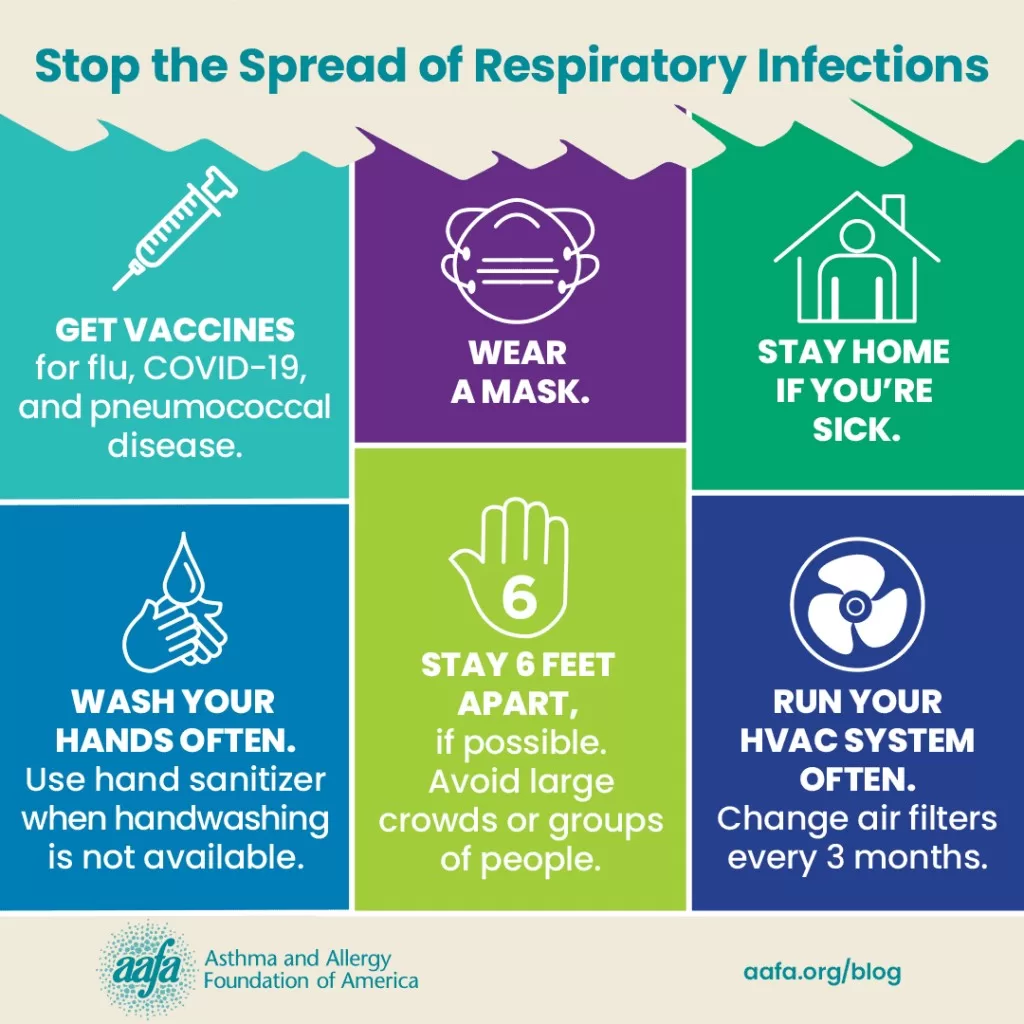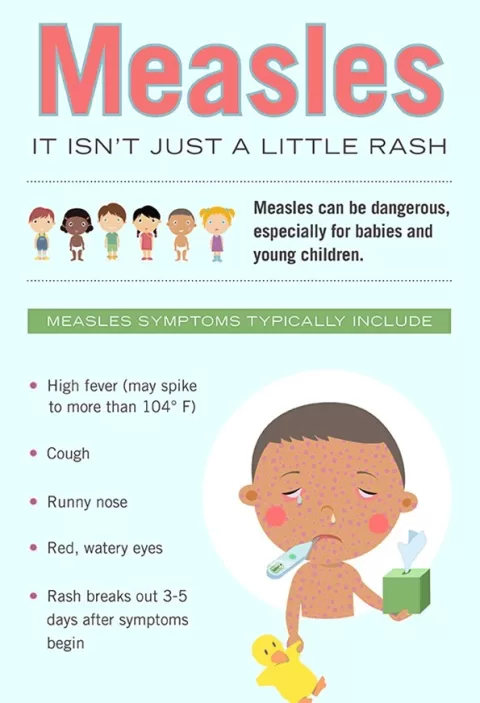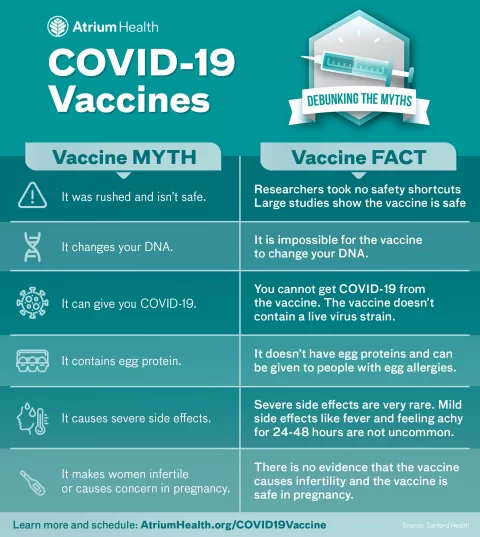Preventing chest infections is crucial for maintaining optimal respiratory health and ensuring your overall well-being. These infections can lead to severe complications, especially in individuals with weakened immune systems or chronic conditions. By adopting effective chest infection prevention strategies, you can strengthen your immune health and promote healthy lungs. This article will explore practical tips and hygiene practices that are essential in reducing the risk of chest infections. With a proactive approach, you can enhance your respiratory system’s resilience and enjoy a healthier life.
In the pursuit of robust lung health, understanding methods for avoiding respiratory infections is paramount. Such infections pose risks not only to your lungs but can also compromise your overall health significantly. This discussion delves into various strategies for respiratory infection prevention, emphasizing the importance of good hygiene, vaccination, and maintaining a healthy lifestyle. By implementing these practices and enhancing your immune function, you can cultivate a more resilient body and protect yourself from the dangers associated with respiratory conditions.
Essential Hygiene Practices for Respiratory Health
To safeguard your respiratory health, maintaining robust hygiene practices is non-negotiable. Good hygiene plays a pivotal role in preventing chest infections, which are often caused by germs and viruses that can easily spread through contact surfaces or airborne droplets. Begin by implementing frequent handwashing into your daily routine, especially before meals and after coughing or sneezing. It’s equally crucial to keep surfaces in your home and workspace disinfected, particularly those you touch regularly, such as light switches and doorknobs. This simple act can dramatically reduce the risk of infection by eliminating harmful pathogens before they have a chance to enter your system.
Besides handwashing, consider using alcohol-based sanitizers when soap and water are not available. This practice is particularly important in public spaces where exposure to germs is heightened. Additionally, wearing a mask during cold and flu seasons can further protect you from inhaling airborne viruses, especially in crowded places. By adhering to these essential hygiene practices, you create an environment less conducive to the spread of infections, which is instrumental in fostering long-term respiratory health.
The Importance of Staying Up-to-Date with Vaccinations
Vaccinations are a cornerstone of preventive health, significantly reducing the incidence of respiratory infections, including chest infections. Staying current with your vaccinations helps your immune system recognize and combat pathogens effectively, thus playing a vital role in maintaining healthy lungs. Key vaccinations, such as those for influenza and pneumonia, not only protect individuals but also contribute to community immunity, reducing the overall spread of these diseases. Discussing your vaccination schedule with a healthcare provider ensures that you receive the necessary shots at the appropriate times.
Moreover, emerging threats like COVID-19 highlight the importance of keeping vaccinations up to date. Many individuals may overlook the relevance of vaccines, but they are crucial in equipping your body to handle various pathogens that can lead to severe respiratory complications. By prioritizing vaccinations, you not only safeguard your immune health but also bolster the overall health of the community, creating a protective buffer against potential outbreaks.
Healthy Lifestyle Choices for Strong Immune Function
Embracing healthy lifestyle choices is essential for building a robust immune system that can fend off infections, including chest infections. A well-rounded diet rich in fruits, vegetables, whole grains, and lean proteins provides your body with the necessary nutrients to support immune health. For instance, Vitamin C-rich foods like oranges and bell peppers are key in enhancing your immune response, while Vitamin D obtained through sunlight exposure and fortified foods positively influences immune functions. Incorporating foods high in antioxidants can also help combat free radicals that threaten your immune system.
In addition to nutrition, maintaining adequate hydration and quality sleep is crucial for sustaining a healthy respiratory system. Hydration keeps the mucous membranes in your respiratory tract moist, making it easier for your body to expel pathogens efficiently. Furthermore, quality sleep, ideally ranging from 7 to 9 hours each night, allows your body the necessary time to recover and strengthen its defenses. By combining these healthy lifestyle choices, you create a powerful alliance against chest infections and contribute to overall respiratory health.
Preventing Exposure to Smoking and Pollutants
One of the most significant threats to respiratory health is exposure to smoking and environmental pollutants. Smoking can severely damage lung tissue, compromise the immune system, and increase susceptibility to infections. If you smoke, seeking support to quit is crucial. Not only does quitting have immediate benefits for your lung health, but it also improves your overall well-being and lowers the risk of developing severe respiratory infections. Additionally, avoiding second-hand smoke is equally important as it can have detrimental effects on non-smokers, particularly children and those with pre-existing respiratory conditions.
Moreover, being mindful of other pollutants in your environment, such as chemicals, fumes, and allergens, can significantly benefit your respiratory system. Consider strategies like using air purifiers, avoiding indoor smoking, and minimizing exposure to harsh cleaning products. Taking these steps helps create a healthier living environment that minimizes the risk of chest infections and encourages better immune health for everyone.
Managing Stress for Optimal Immune Health
Chronic stress can have a profound negative impact on your immune system, making you more susceptible to respiratory infections. Stress activates a series of physiological responses that can impair immune function, leading to an increased risk of chest infections. Therefore, managing stress effectively is crucial in maintaining optimal immune health and overall well-being. Techniques such as mindfulness meditation, yoga, and deep-breathing exercises can promote relaxation and significantly enhance your mental health by reducing stress levels.
Incorporating regular physical activity is another powerful strategy for managing stress, as it releases endorphins—natural mood lifters that can reduce feelings of stress and anxiety. Aim for at least 150 minutes of moderate exercise each week to help bolster not only your immune system but also your psychological resilience. By actively managing stress, you pave the way for a stronger immune response, ultimately aiding in the prevention of respiratory infections, including those that affect the chest.
Frequently Asked Questions
What are the best hygiene practices for preventing chest infections?
Good hygiene practices are essential for preventing chest infections. Wash your hands frequently, especially before eating and after coughing or sneezing. Disinfect commonly touched surfaces to reduce germ transmission and protect your respiratory health.
How do vaccinations contribute to chest infection prevention?
Vaccinations play a crucial role in chest infection prevention by strengthening your immune health. Staying up-to-date with vaccines such as the influenza and pneumonia vaccines equips your body with the necessary defenses to combat respiratory infections effectively.
What lifestyle choices support healthy lungs and prevent chest infections?
To support healthy lungs and prevent chest infections, maintain a balanced diet rich in immune-boosting nutrients, stay hydrated, get adequate sleep, and engage in regular physical activity. These lifestyle choices enhance immune function and improve respiratory health.
How can avoiding smoking help in chest infection prevention?
Avoiding smoking is vital for chest infection prevention. Smoking damages lung tissue and compromises immune defenses, increasing vulnerability to respiratory infections. Quitting smoking and avoiding second-hand smoke can greatly improve your respiratory health.
What role does stress management play in preventing chest infections?
Effective stress management is crucial for preventing chest infections. Chronic stress can weaken your immune system, making you more susceptible to respiratory infections. Techniques such as yoga and meditation can enhance your mental well-being and boost immune health.
| Practice | Key Points |
|---|---|
| Focus on Hygiene Practices | Frequent handwashing and disinfecting commonly touched surfaces to reduce germ transmission. |
| Stay Up-to-Date with Vaccinations | Keeping vaccinations current (Influenza, Pneumonia, COVID-19, RSV) helps strengthen immune defenses. |
| Embrace Healthy Lifestyle Choices | – Balanced Nutrition: Incorporate immune-boosting foods. – Proper Hydration: Drink 8-10 glasses of water to maintain mucous membrane moisture. – Adequate Sleep: Aim for 7-9 hours of quality sleep. |
| Exercise Regularly | Engage in at least 150 minutes of moderate exercise weekly to strengthen lungs and reduce infection risk. |
| Avoid Smoking and Pollutants | Quit smoking and avoid exposure to second-hand smoke for better respiratory health. |
| Practice Respiratory Etiquette | Cover mouth/nose when coughing/sneezing, dispose of tissues immediately, and wash hands afterwards. |
| Manage Stress Effectively | Incorporate relaxation techniques like yoga and meditation to support immune function. |
| Regular Health Check-Ups | Stay proactive with lung health assessments and ensure vaccinations are current. |
Summary
Preventing chest infections is essential for maintaining a healthy respiratory system. By implementing good hygiene practices, staying updated with vaccinations, embracing a healthy lifestyle, and avoiding harmful habits, individuals can significantly reduce their risk of developing these infections. Regular check-ups and effective stress management also play crucial roles in bolstering immunity and ensuring optimal lung health. By taking proactive steps, one can enjoy long-term benefits for their respiratory well-being.
The content provided on this blog (e.g., symptom descriptions, health tips, or general advice) is for informational purposes only and is not a substitute for professional medical advice, diagnosis, or treatment. Always seek the guidance of your physician or other qualified healthcare provider with any questions you may have regarding a medical condition. Never disregard professional medical advice or delay seeking it because of something you have read on this website. If you believe you may have a medical emergency, call your doctor or emergency services immediately. Reliance on any information provided by this blog is solely at your own risk.








